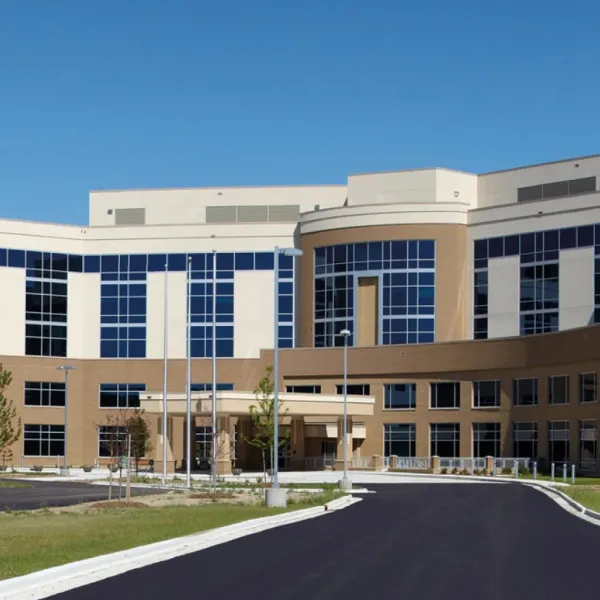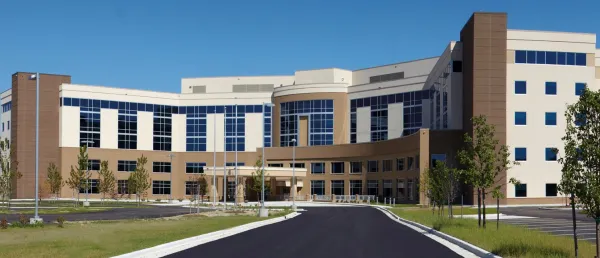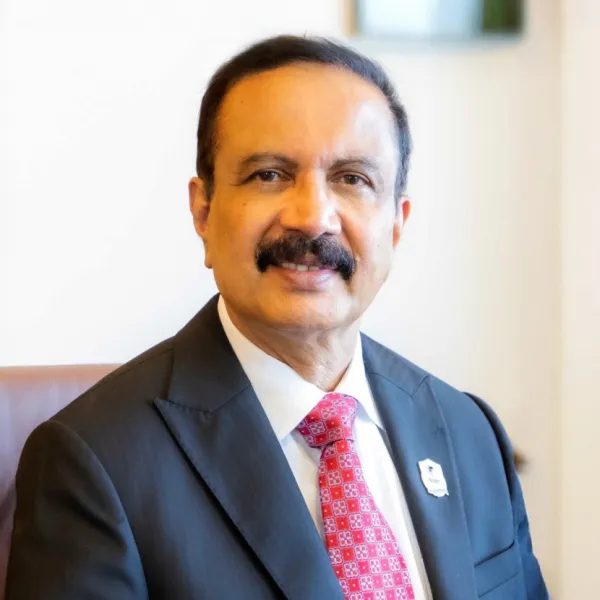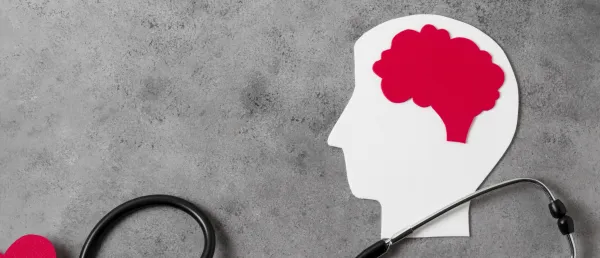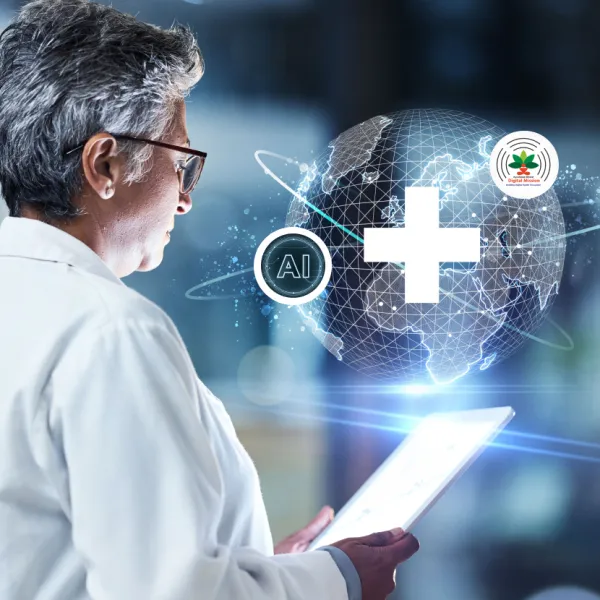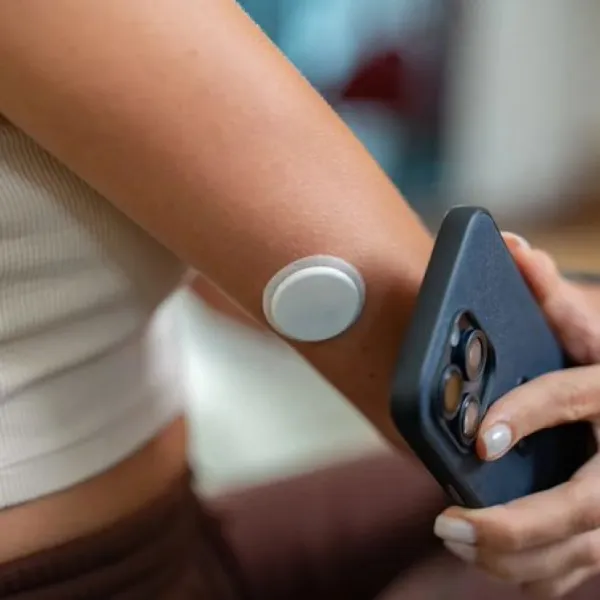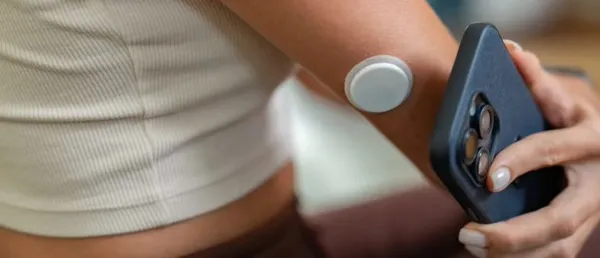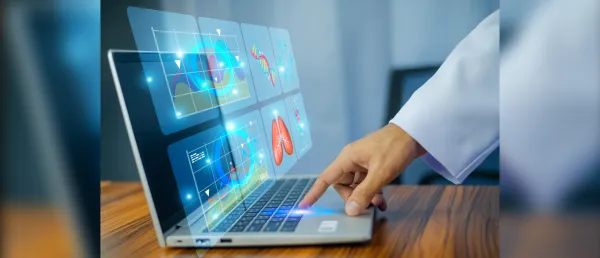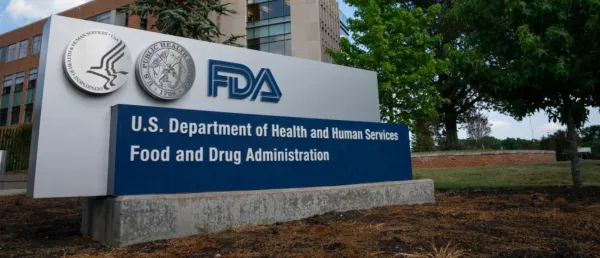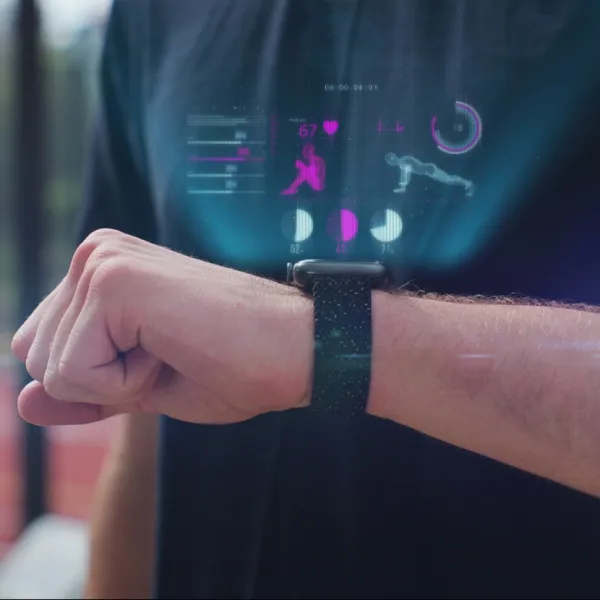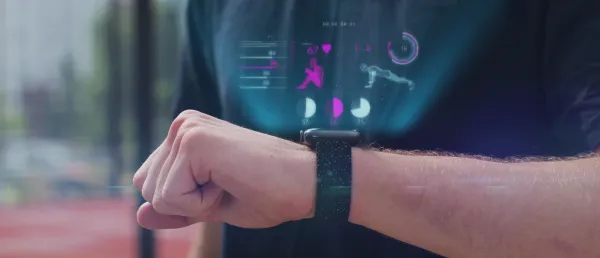Advancing Patient Care: Indian Hospitals Embrace Healthtech for Enhanced Healthcare Delivery

India's Patient Monitoring Market projected to hit $2.54 billion by 2029, with a CAGR of 7.67% (2024-2029).
India's healthcare sector is experiencing a seismic shift driven by the integration of cutting edge technologies to enhance patient care and healthcare delivery systems.
Amidst these advancements, Remote Patient Monitoring (RPM) emerges as a transformative tool empowering healthcare providers to track patients' vital signs and health data remotely.
Market Drivers: Chronic Diseases & Aging Population
India's position among the top three countries with a high prevalence of diabetes underscores the urgent need for advanced patient monitoring solutions. As reported by Mordor Intelligence, the burgeoning diabetic population, estimated at 74.2 million in 2021 and projected to reach 124.8 million by 2045, necessitates proactive monitoring and management strategies.
Additionally, the rising elderly population, prone to chronic ailments, further amplifies the demand for patient monitoring devices. The projected increase of around 56 million elderly individuals by 2031 underscores the imperative of addressing healthcare needs through innovative monitoring solutions.
Key factors propelling the patient monitoring market include the escalating incidence of chronic diseases attributed to lifestyle changes and a growing preference for home and remote monitoring solutions. The convenience and portability of devices and increased patient accountability facilitated by remote monitoring drive widespread adoption and fuel market growth.
Technology Adoption: Addressing Healthcare Challenges
Besides the growing need for remote patient monitoring and meeting the key objective of offering enhanced patient care, leading healthcare institutions across India, have been offering services adopting innovative technologies. A few cases in point include: Max Super Speciality Hospital, Apollo Hospitals, and Medica Hospitals.
While talking to DHN, Dr Gayatri Deshpande, head of gynecology and obstetrics at Nanavati Max Super Speciality Hospital, talked about how the hospital’s teleconsultation services are doing exceptionally well. She said, "The demand for technology adoption in hospitals like Nanavati Max Super Speciality Hospital is rising, especially with the proven efficacy of teleconsultation services, which have served over 55,000 patients in the past 18 years. The COVID-19 pandemic has further accelerated this need, highlighting the pivotal role of telemedicine in ensuring timely medical interventions irrespective of geographical constraints." Additionally, the recent developments in AI and IoT are revolutionizing patient monitoring practices in India. For instance, the introduction of an AI-powered in-patient room automation system in Apollo Hospitals exemplifies the integration of advanced technologies to enhance patient care. This system continually tracks vital clinical indicators from a distance, streamlining monitoring processes and improving efficiency.
Similarly, Manipal Hospital's adoption of the Fitbit-ConnectedLife solution underscores the growing preference for advanced remote monitoring solutions in healthcare settings, driving market expansion.
Revolutionizing Healthcare Delivery: RPM Adoption from Healthtech Innovators
Talking about the role of remote patient monitoring in healthcare, Divya Laroyia, cofounder and chief product officer at MyHealthcare, said there is an uptick of EMR adoption in private hospitals. In her words, "Telemedicine, particularly, has gained traction in rural areas grappling with a scarcity of medical professionals. Established healthcare entities are extending virtual consultations and follow-ups to post-surgery and chronic care patients. Moreover, the uptake of Electronic Medical Record (EMR) systems, predominantly by private hospitals, is witnessing an upsurge, with even public healthcare institutions upgrading their systems with governmental backing."
According to Laroyia, the ascent of Artificial Intelligence (AI) and Machine Learning (ML) technologies is noteworthy. With concerted government efforts to embrace digitalization and bolster infrastructure, India's healthcare sector is increasingly attracting investments, facilitating penetration into Tier-II and Tier-III markets and positioning the nation as a premier hub for medical tourism globally.
Additionally, startups such as LifeSigns Healthtech have been pivotal in propelling the adoption of RPM technology in hospitals.
Talking to DHN, Hari Subramaniam, founder & director of LifeSigns Healthtech, highlighted the positive response from hospitals on RPM system adoption. According to him, the shift towards proactive patient care is evident, with hospitals expressing heightened confidence in diagnosis and treatment.
He said, “The recent collaboration between LifeSigns and Hassan, Karnataka-based SSM Hospital exemplifies the utility of RPM in addressing challenges in Tier-II and Tier-III cities, where healthcare resources are scarce. RPM technology bridges the gap, allowing patients in rural locations to access specialized consultation and monitoring from healthcare experts in urban areas.”

Hospitals & Startups Collaborate to Offer Enhanced Patient Care
The collaborative synergy between hospitals and startups is pivotal in embracing RPM technology and fostering its adoption across diverse healthcare settings.
Dr Udayan Lehiry, MD of Medica Group of Hospitals, underscores the collaborative ethos by stating, "Our collaborations with startups have paved the way for standardized operational protocols and software configurations for medication prescriptions."
He further said, through strategic partnerships with startups specializing in RPM technology, hospitals gain access to innovative solutions tailored to their specific requirements, thereby elevating the quality of patient care and enhancing operational efficiency.
Tangible Gains & Measurable Impacts
The integration of RPM technology in hospitals yields tangible enhancements in patient engagement and clinical outcomes.
Reflecting on the benefits and measurable outcomes, Dr Deshpande talked about the discernible improvements observed at Nanavati Max Hospital. She said, "The integration of Remote Patient Monitoring (RPM) installations with Hospital Management Systems (HMIS) and Information and Communication Technology (ICT) at Nanavati Max Hospital has enabled over 100 consultants across 30 specialties to conduct remote, real-time patient assessments, thereby enhancing patient care.”
Moreover, Dr Deshpande talked about the role of RPM technology in addressing women's health issues, especially in rural settings, including prenatal and postnatal care.
She further noted how RPM is useful in offering tangible enhancements in patient engagement, adherence to treatment regimens, and clinical outcomes in hospital.
When enquired about the percentage reduction in errors attributed to adopting RPM solutions in healthcare practices, Dr Deshpande said, "The integration of RPM solutions has significantly curtailed errors in healthcare practices at Nanavati Max Hospital. The software streamlines prescription processes, ensuring consistency and safety in patient care. Standardized operational procedures are embedded in the software, encompassing patient registration, consent processes, and staff training, bolstering center operations.
Govt Endeavors: Catalysing Healthcare Innovations
Government interventions are pivotal in propelling healthcare innovations, particularly in remote regions. Divya Laroyia from MyHealthcare underscores the importance of policy frameworks and collaborative ventures between the government and private sectors to fortify digital infrastructure.
She asserted, "Such initiatives not only incentivize healthcare providers to embrace digital technologies but also contribute to modernizing and streamlining the healthcare sector."
In this context, Dr Deshpande talked about the government initiatives including the e-PAN Africa Network Project, in collaboration with the Ministry of External Affairs, showcasing the pivotal role of governmental support in expanding telemedicine services. She added that Nanavati Max Hospital has conducted over 50 international medical education programs within the project's first phase.
Future Outlook: Crafting a Connected Healthcare Ecosystem
The future outlook is optimistic as the healthcare industry continues to embrace advanced technologies such as RPM. Integrating AI, ML, and telemedicine promises to revolutionize patient care, enhance diagnostics, and bridge healthcare divides. Crafting a more interconnected and technologically adept healthcare ecosystem is poised to fortify resilience and responsiveness in the healthcare domain.
Integrating advanced healthcare technologies, particularly in remote and underserved regions, holds immense promise for revolutionizing patient care. As a cornerstone of these innovations, RPM is poised to shape a healthcare landscape that is efficient, cost-effective, and inherently patient-centric and accessible.
Stay tuned for more such updates on Digital Health News







